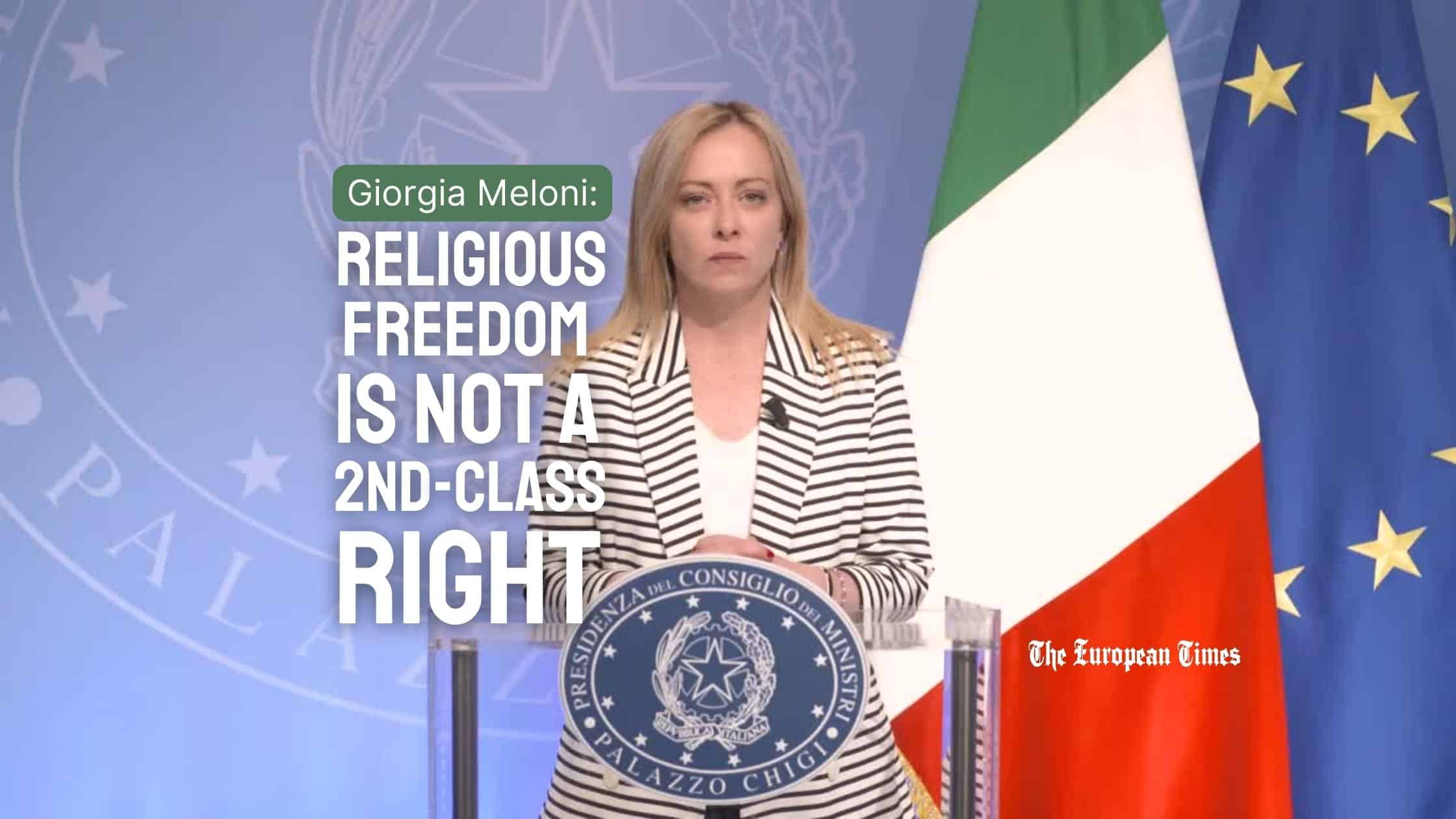“The tendency of family courts to dismiss the history of domestic violence and abuse in custody cases, especially where mothers and/or children have brought forward credible allegations of domestic abuse, including coercive control, physical or sexual abuse is unacceptable,” said Reem Alsalem, UN Special Rapporteur on violence against women, in a report to the Human Rights Council in Geneva on Thursday.
A history of intimate partner violence against women was often neglected in family courts and shared custody or parental authority, treated as the default ruling, regardless of the child’s perspective.
“When custody decisions are made in favour of the parent who claims to be alienated without sufficiently considering the views of the child, the resilience of the concerned child may be undermined.
“The child may also continue to be exposed to lasting harm,” Ms. Alsalem said. She also called out the failure of child custody processes to use child sensitive approaches that focus on the best interest of children.
Harder for minority women
The report underscores that minority women face additional barriers when being accused of using “parental alienation” in part due to increased barriers in accessing justice as well as negative stereotypes.
Parental alienation is defined as the situation when a child refuses to have a relationship with one parent, as a result of manipulation or falsehoods spread by the other parent.
In some family court systems, for example in state judicial systems in the US, some mental health professionals contend that parental alienation is a form of emotional child abuse.
The independent expert’s report, argues that the use of the unfounded and unscientific concept, is highly gendered.
While it is invoked against both fathers and mothers, it is predominantly used against mothers, the report states, with the woman being accused of turning children against the father.
The consequences of biased custody decisions can be detrimental and irreversible to those concerned leading to a continuum of violence before and after separation, the expert said.
‘Pseudo concepts’
Despite these grave consequences “parental alienation” and related pseudo concepts are embedded and endorsed in legal systems across different jurisdictions, including amongst evaluators tasked with reporting to family courts on the best interest of the child.
Ms. Alsalem’s report also provides recommendations for States and other stakeholders to reverse the long-lasting harm done to individuals, families and societies.
She said the international community needed to develop a greater “collective conscience” when considering the human rights dimension of multi-layered violence that many mothers and children experience when using family court systems.
“The protection of women and children from violence, a victim-centered approach, and the best interests of the child, must take precedence over all other criteria when establishing arrangements for custody and visitation rights,” she said.
Special Rapporteurs and other UN Human Rights Council-appointed rights experts, work on a voluntary and unpaid basis, are not UN staff, and work independently from any government or organisation.













